Watch the NOS report with Jasper Buikx, microbiologist and head of the Micropia museum of microbes, to find out whether viruses are our friend or enemy. Or read the article on viruses.
What is a virus?
Viruses are many times smaller than other microbes. On average, they measure between 25 and 200 nanometres, meaning that several dozen of them would take up as much space as the average bacterium. Viruses are also the most common biological entity on our planet. A drop of seawater, for instance, contains more than 10 million of them. The number of different species of virus on the planet is still unknown, and estimates vary, but there’s a good chance that there are more than 100 million species. However, fewer than 300 different types of virus that may possibly cause diseases in humans have been discovered. That means viruses can’t be all that bad, right? Let’s find out!
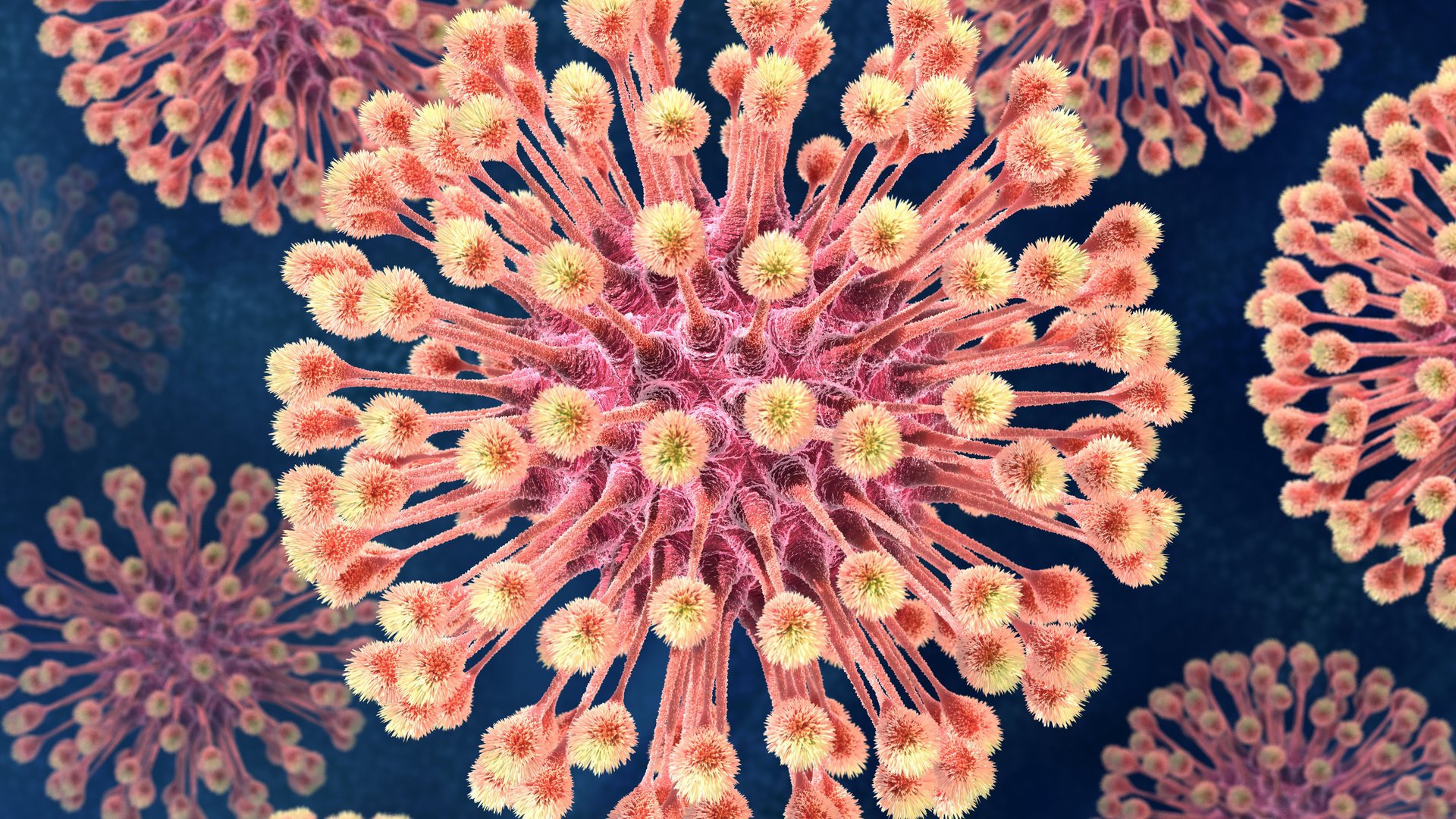
Dead or alive?
A virus is a protein package containing a small amount of genetic material. This simple structure means that a virus cannot do much by itself. Viruses don’t move, don’t eat and can’t reproduce independently. Since they lack all of these properties, many scientists don’t regard viruses as living organisms. In contrast to all other types of microbes on our planet, viruses are not included in the universal tree of life. Even so, they play a crucial role on this planet, and even in our bodies.
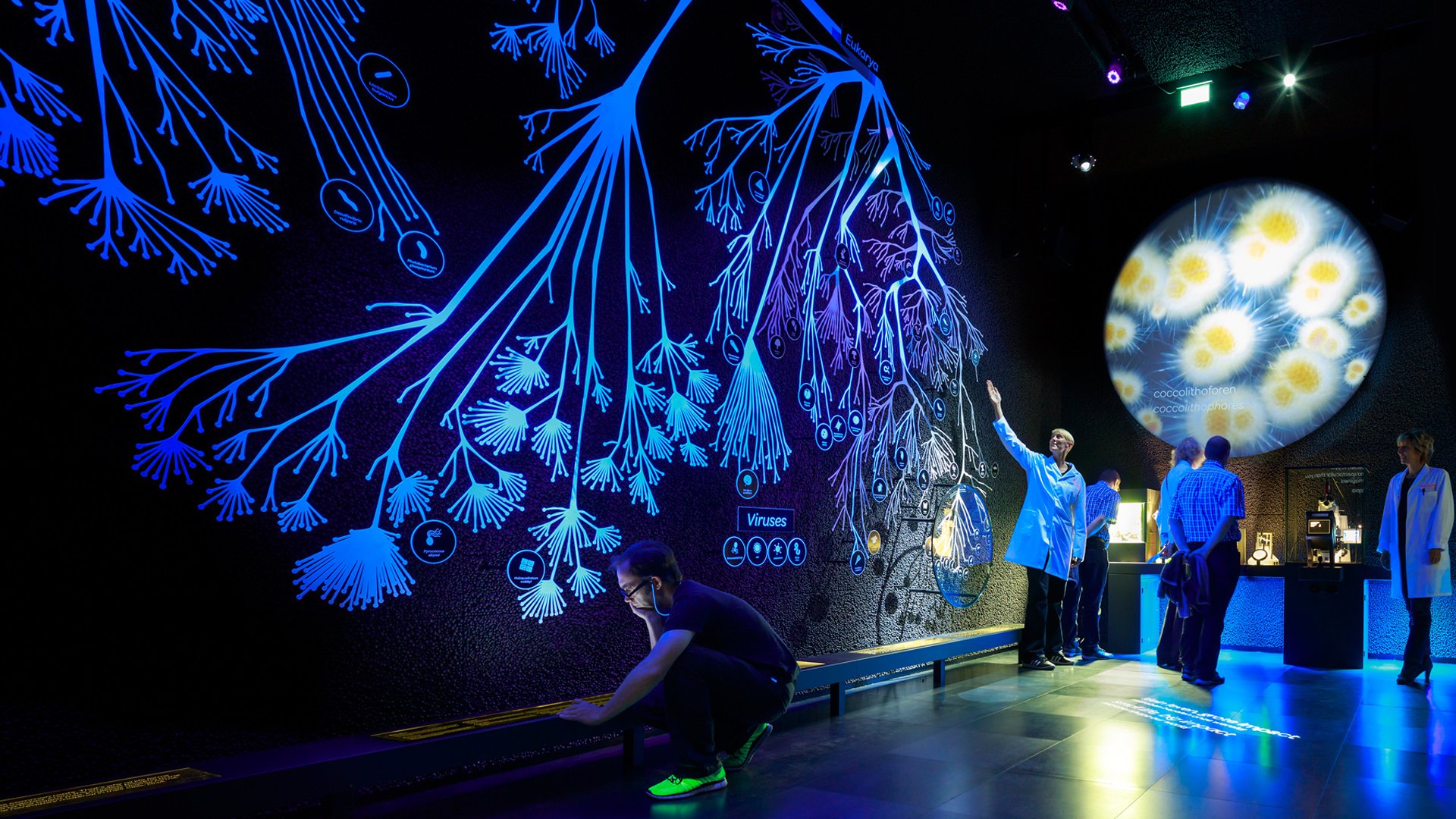
‘Virus factory’
This is due to one of their most important properties: the ability to infect a cell. As you might know, this can take the form of a cold, some form of flu or worse. However, viruses do the same with other organisms, too. The reason they infect cells is simply to reproduce. The virus lands on the surface of a host cell and the foreign structures on the surface of the virus connect to the proteins on the surface of the host cell. This leads to the virus being absorbed by the cell. Once it has penetrated the cell, the virus uses the copying mechanisms present in the host cell. In fact, you can say the virus hijacks the cell and turns it into a sort of ‘virus factory’. The cell then starts producing a huge number of new viruses until it bursts and thousands of viruses are released.
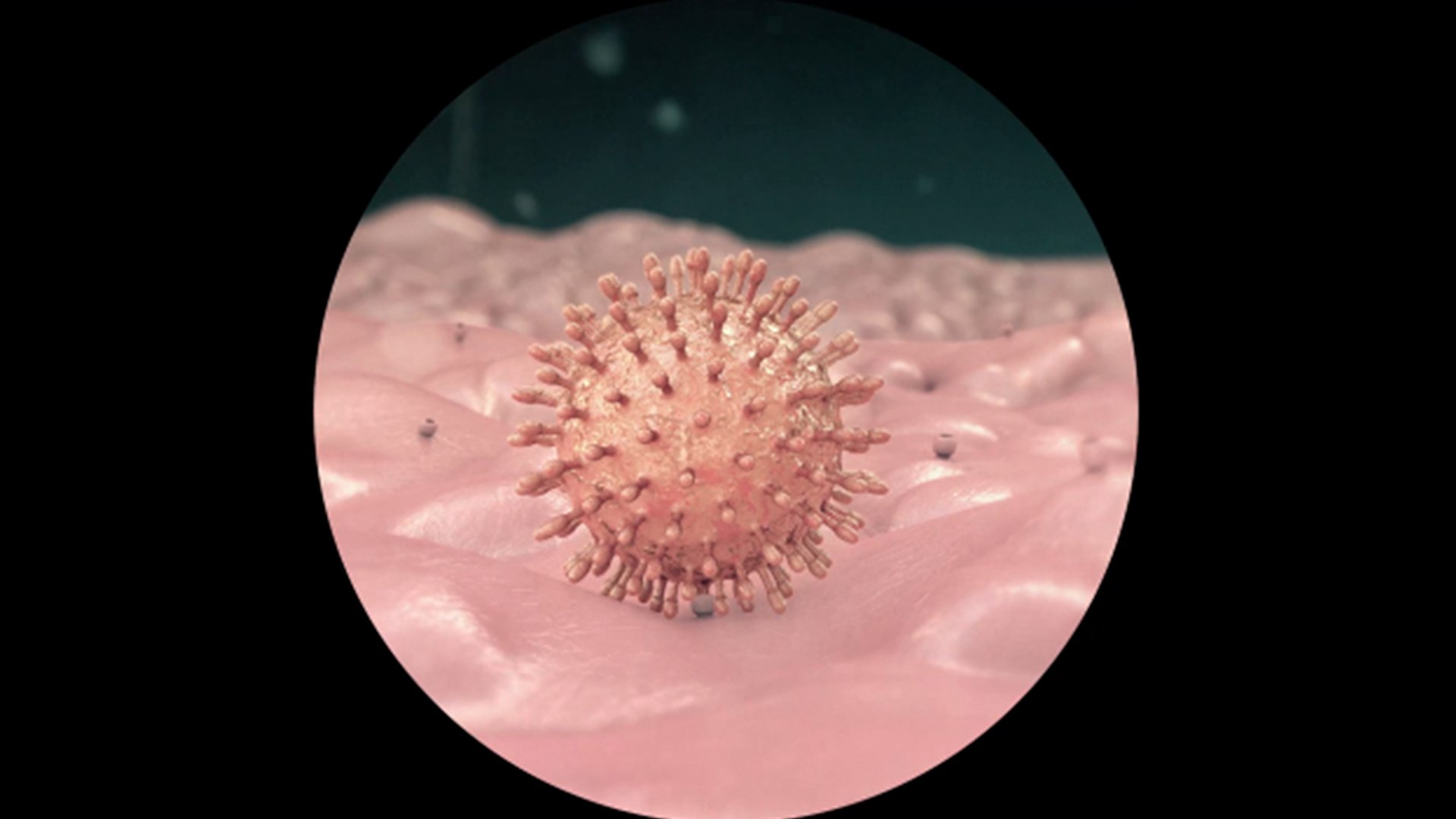
Bacteria eaters
Many people who hear the word ‘virus’ only think of dangerous pathogens. However, the great majority of viruses on our planet are actually not ‘interested’ in humans at all, but in bacteria. These ‘bacteria eaters’ are known as bacteriophages, or bacterial viruses. Bacteriophages are small viruses that can only survive with the help of a bacterial host. In this way, bacteriophages can destroy bacteria and keep bacteria populations under control. This is absolutely necessary, as there are more bacteria living on our planet than there are stars in the entire universe. Moreover, they are increasing all the time. The average bacteria divides once every 20 minutes. This means that, in the space of 10 hours, a billion bacteria can arise from one single bacterium. Nature uses bacteriophages as a biological pest control for bacteria, which prevents nature from being overwhelmed with bacteria.
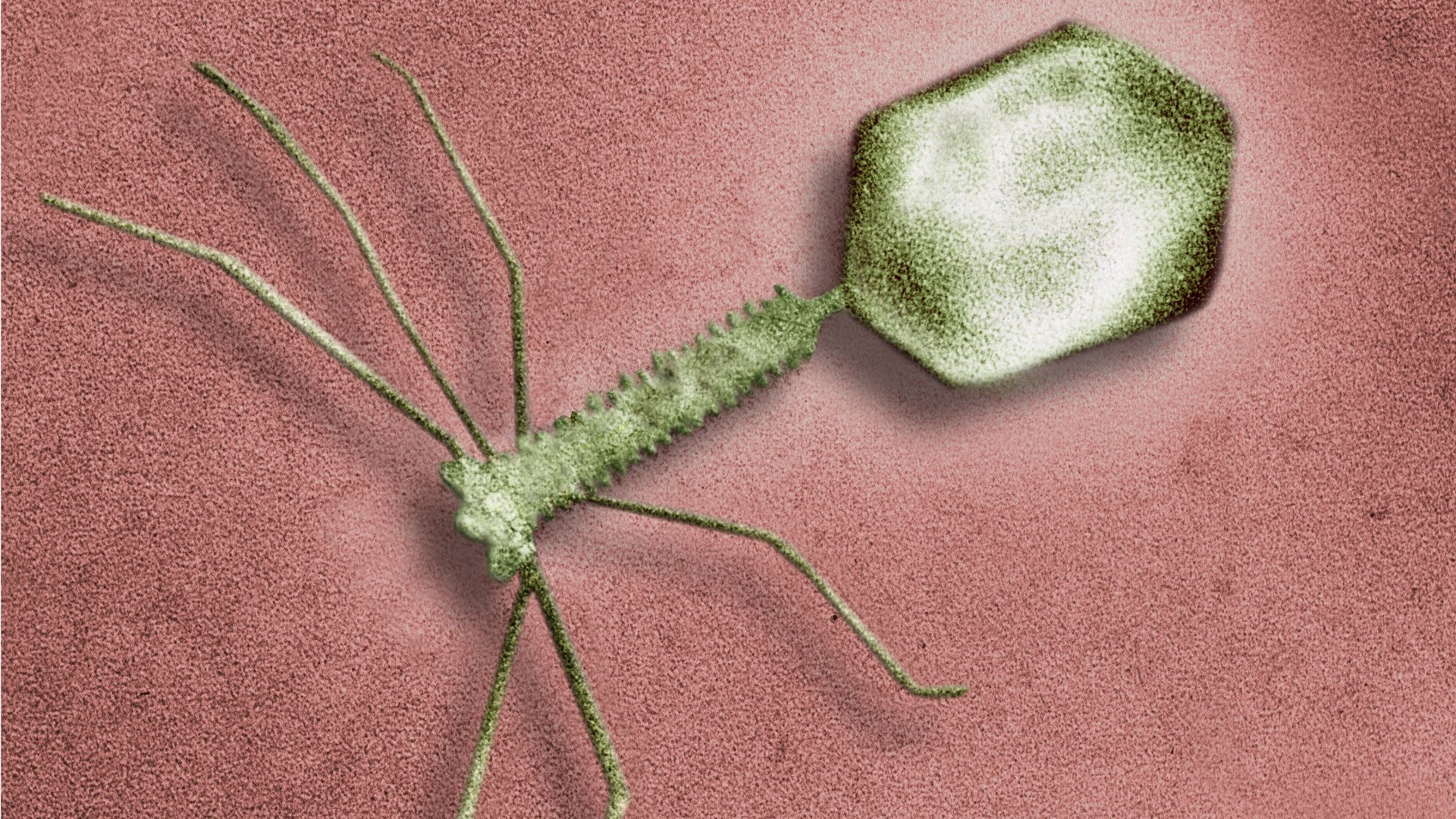
Full of viruses
The same thing happens in your own body. Everybody carries around a huge number of microbes, known as the microbiome. The microbiome is made up of around 100,000 billion microbes, which is more than all the human cells of your body. Most of these microbes are bacteria, and they are vital to your health. Nevertheless, these bacteria need to be kept under control as well, just like on the rest of the planet. That is why the bacteriophages in your body outnumber the bacteria 10 to 1. In other words, you could not survive if your body did not host its share of viruses. Although many people wish they could be ‘virus free’, this would actually be a bad idea. Without viruses, we would die.
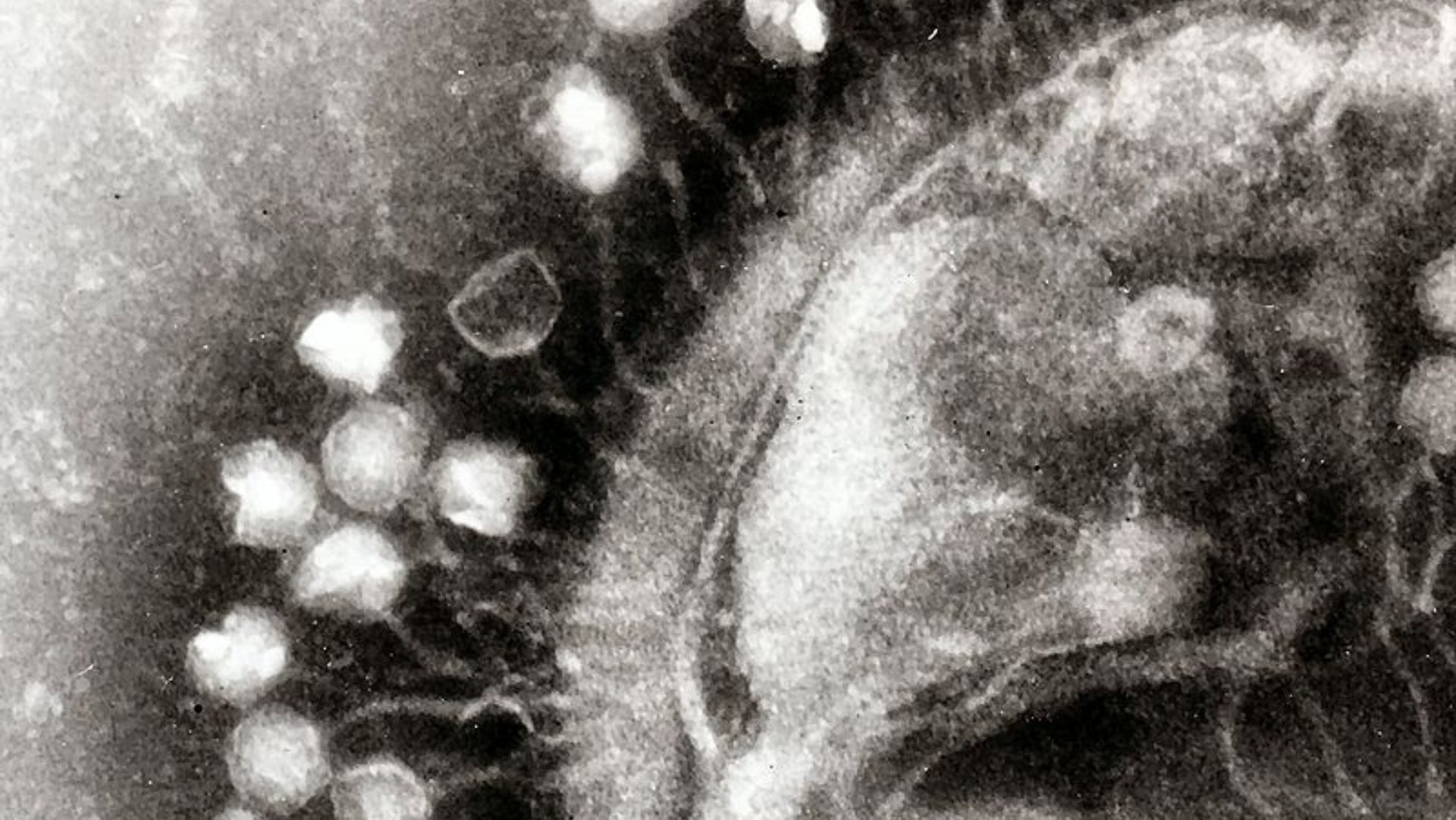
Future adaptations
These viruses are not just important for keeping you healthy. Bacteriophages can even present an alternative to antibiotics. For people infected with a multiresistant type of bacteria, bacteriophages might even form the ideal solution. Bacteriophages can also be used in agriculture. Bacterial fruit or plant pathogens can be combatted using bacteriophages instead of using chemical pest control. This is not only better for the environment, but also more effective. Finally, viruses are also becoming ever more important in medical research, for instance as a possible treatment method for genetic diseases. This is known as gene therapy. If you would like to learn more about this, come pay a visit to Micropia. Many people who hear the word ‘virus’ only think of dangerous pathogens. While we are sometimes confronted with such an enemy – the coronavirus , for example – they can usually be considered our friends, and we simply cannot do without them.

